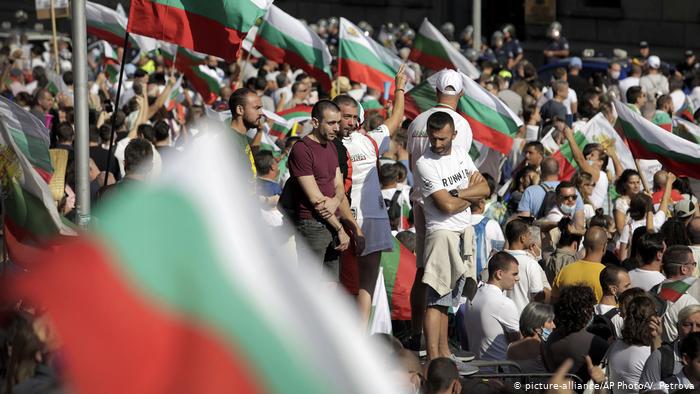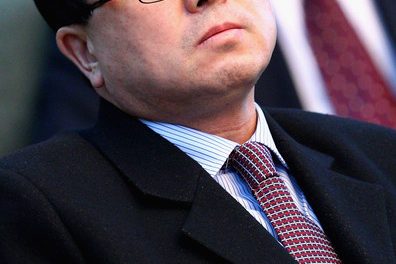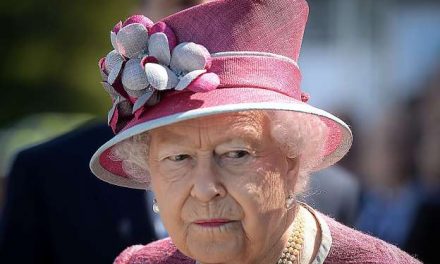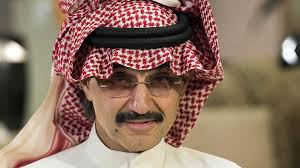Protesters in Bulgaria
3 September 2020
Street demonstrations against Bulgarian Prime Minister Boyko Borissov that have been running for almost two months now. Thousands of people gathered in the center of Sofia demanding the resignation of both Borissov and the country’s chief prosecutor, Ivan Geshev. Police used pepper spray and the protesters threw eggs, tomatoes, water bottles and garbage at police officers. Borissov dominated the political landscape for more than a decade.
Some observers say that the demonstrations were triggered by the 9 July 2020 raid on the Presidency of Bulgaria by police and prosecutors as a result of a long-standing conflict between the prime minister Boyko Borissov and the president Rumen Radev. Presidency in Bulgaria is largely a ceremonial post without any actual power. The constitution allows the parliament to overrule presidential vetoes with a simple majority.
Others believe that the protesters are incensed by the country’s rampant graft and argue the two men (the prime minister and the public prosecutor) have allowed oligarchs to influence core institutions such as the judiciary and abuse them for their personal gain. Demonstrators have gathered in Sofia every evening since early July.
In mid-August, in an attempt to assuage public anger, Borissov said he would step down once the lawmakers elected a Grand National Assembly to amend the constitution. He also promised to reform the judiciary. Creation of Grand National Assembly required two-thirds majority in the parliament. But this seems doubtful as opposition members refuse to support it. Resignation of justice minister and sacking of 3 government ministers have not abated the wave of protests.
A 2017 assessment of the United States Department of State described the presence of selective justice and a lack of judicial independence. The report stated that Bulgarian government officials were engaging in bribery, procurement violations and embezzlement with impunity.
Delyan Slavchev Peevski is a Bulgarian politician, oligarch and media mogul. According to Reporters Without Borders, his media group consisting of 6 newspapers, “New Bulgarian Media Group” controls nearly 80% of print media distribution. He is said to control or influence many other local media and websites, that he does not officially own.
Brussels has not intervened because the Bulgarian PM is well connected in EU circles and a long-term member of the European People’s Party (EPP) – the Europe-wide political grouping of his own party, GERB.
Euro News reported.















